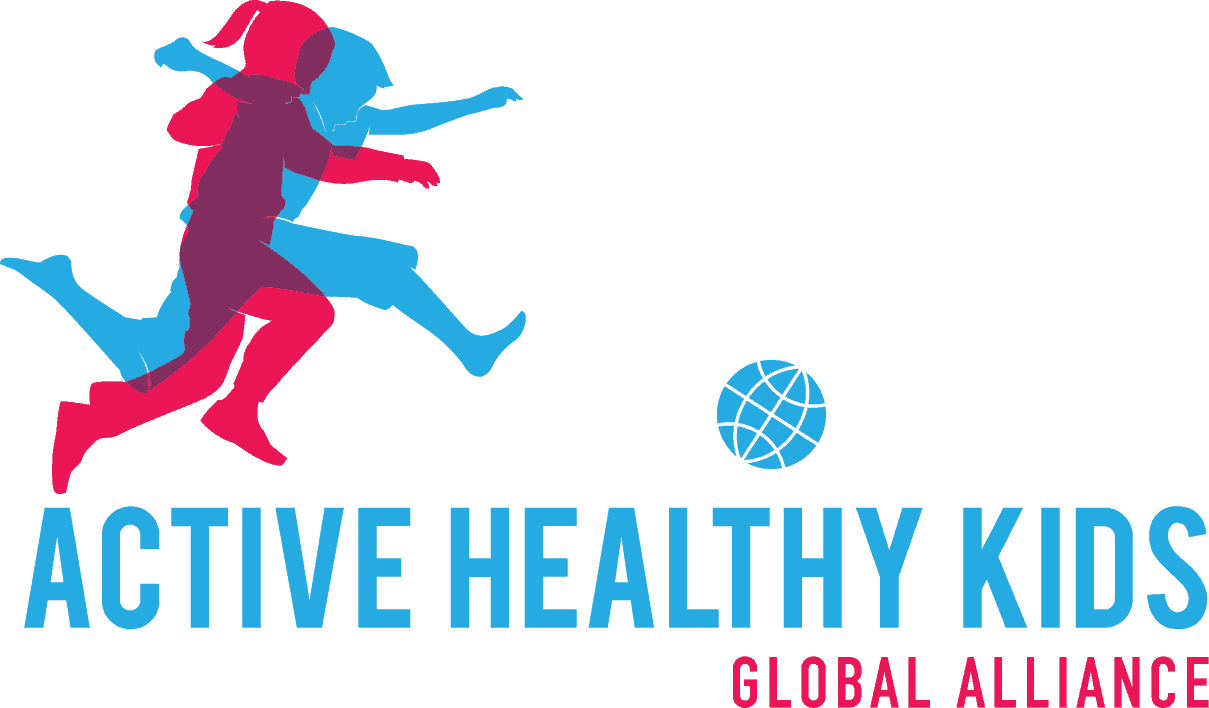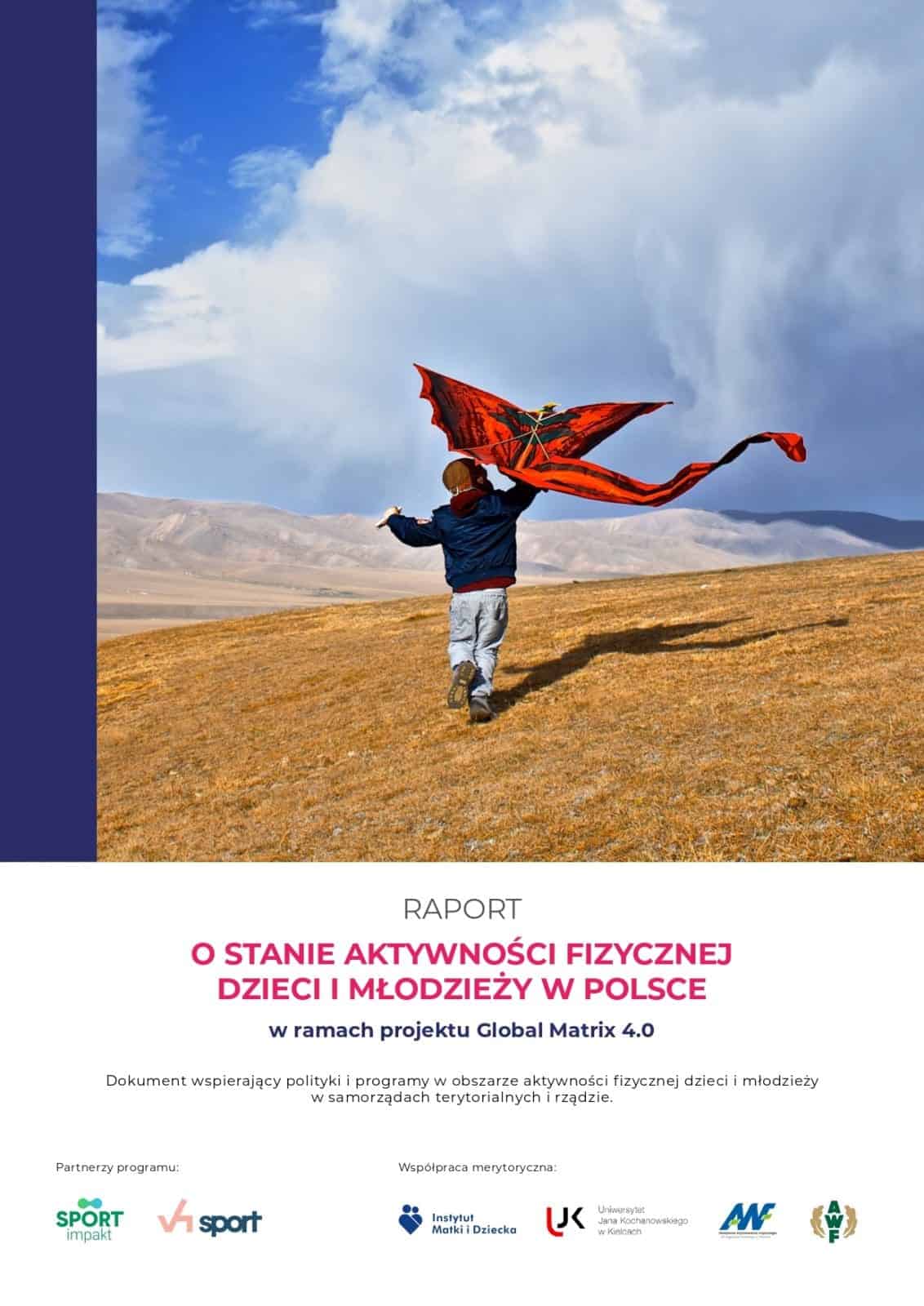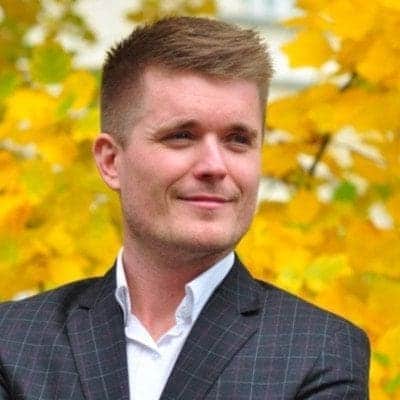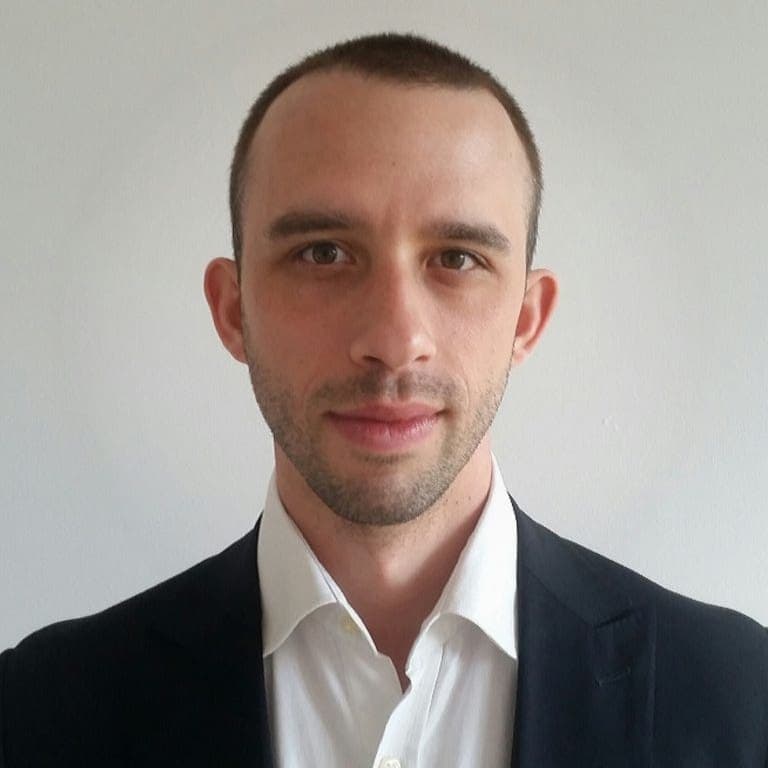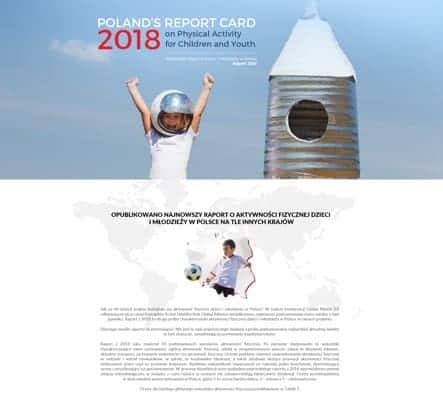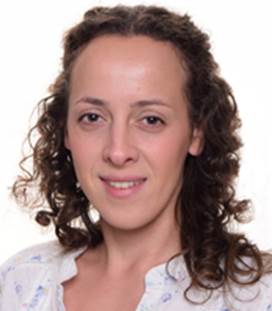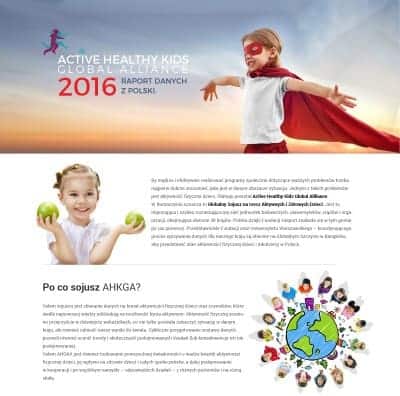Results from Poland’s 2018 Report Card on Physical Activity for Children and Youth
Authors:
Pawe? Zembura (pzembura@uw.edu.pl)[1], Agata Korcz, El?bieta Cie?la, Aleksandra Go?dys, Hanna Na??cz
Introduction
The 2018 Polish Report Card is the second assessment of children and youth PA in the Active Healthy Kids Global Alliance project, following the Global Matrix 2.0 in 2016.
Methods
The 2018 Polish Report Card included 10 core PA indicators used in the Global Matrix 3.0. The Research Team (RT) conducted systematic reviews to identify data sources applicable to each of the indicators, which were later assessed based on the same set of criteria. All data sources were published within the last 5 years (since 2013) except for the ones referring to the Physical Fitness indicator.
Results
Figure 1 Table of Grades for Poland
| Indicator |
Grade |
| Overall Physical Activity |
D- |
| Organized Sport Participation |
D |
| Active Play |
INC |
| Active Transportation |
C |
| Physical Fitness |
C- |
| Sedentary Behaviours |
D |
| Family and Peers |
C- |
| School |
B |
| Community and Environment |
C |
| Government |
C+ |
Little has changed regarding the grades and informative data sources in 2018 when compared to the Poland's Report Card in 2016. Important limitation were acknowledged - the grades were based on self-reported data and RT was not able to identify nearly any data sources regarding children younger than 10 years old.
Conclusions / recommendations
In spite of the promising environment regarding PA in Poland, as suggested by strong grades allocated to the School and Government indictors, the proportion of children and youth who meet the recommended levels of PA and screen time remains low. Promotional efforts need to extend beyond school sports in Poland and multicomponent strategies that engage family, peers and the community should be encouraged in order to maximize participation in PA for Polish children and youth.
[1] Zembura and Go?dys are with the Social Challenges Unit at Robert B. Zajonc Institute of Social Science, University of Warsaw, Poland. Korcz is with Poznan University of Physical Education, Poznan, Poland. Cie?la is with the Faculty of Medical and Health Sciences, Jan Kochanowski University, Kielce, Poland. Na??cz is with the Institute of Mother and Child, Warsaw, Poland.
